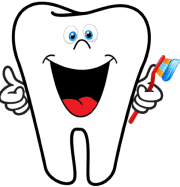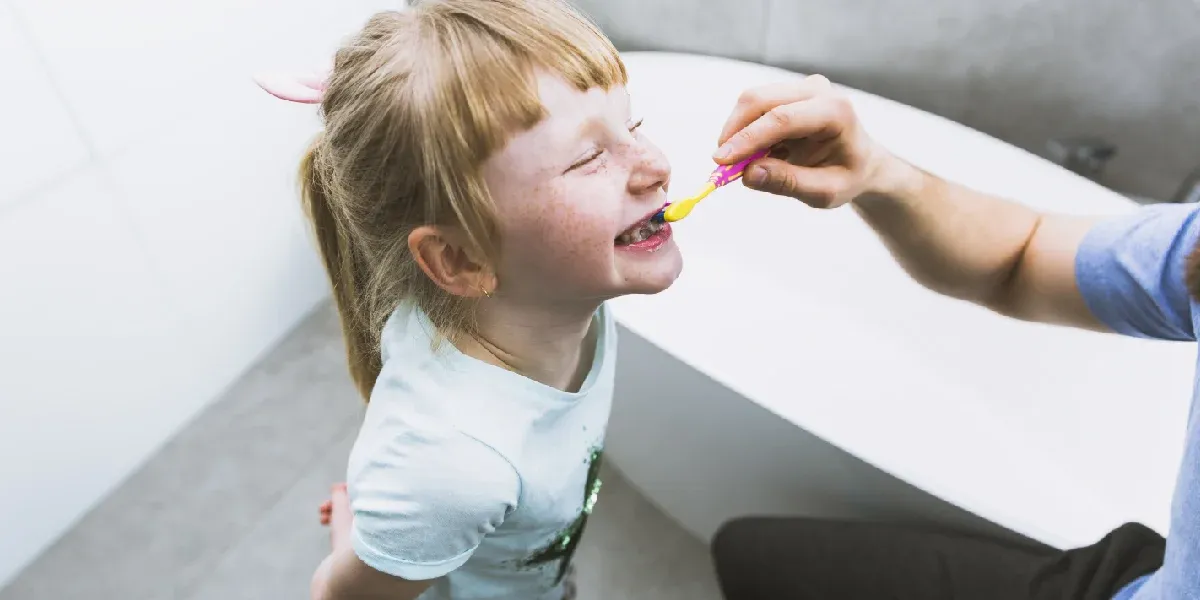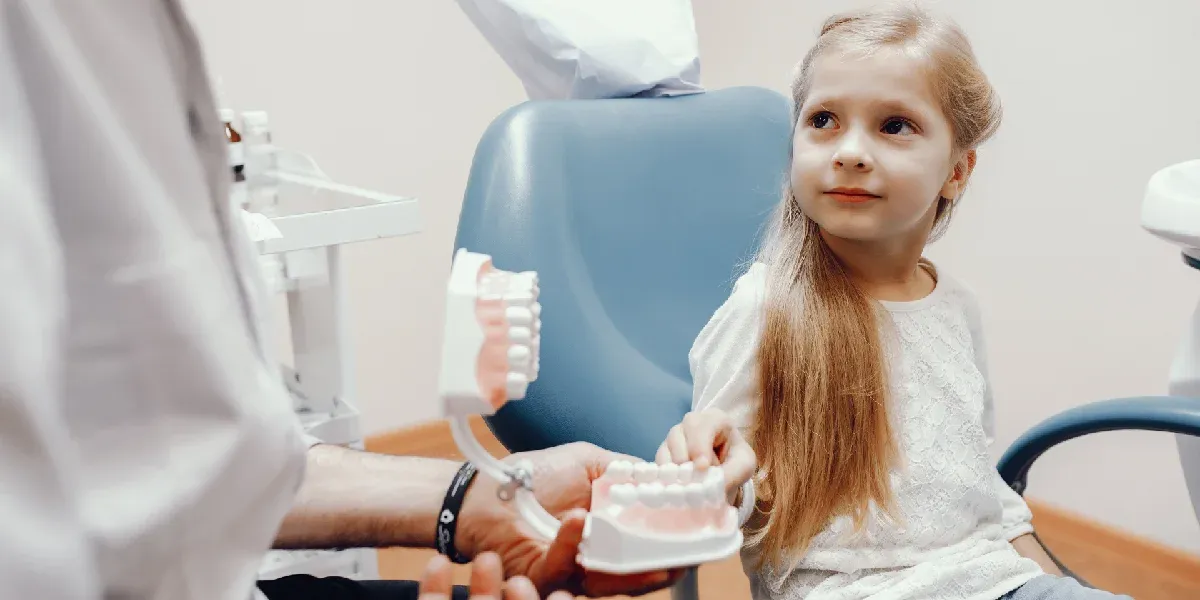
Debunking Myths and Facts About Nitrous Oxide Laughing Gas
You may feel anxious about your next dental appointment and can't stop gagging when the dentist puts instruments in your mouth. Your child must sit still for a long operation or feel fearful about the dental visit. All these conditions require some form of sedation for a successful dental visit. Nitrous oxide, also known as laughing gas, is often used to provide immediate relief to fearful patients. It works as effective sedation and makes you feel less inhibited. However, some myths are attached to nitrous oxide, and this article will help clarify those myths. Find out some facts and myths about nitrous oxide and get enlightened in the right direction.
Nitrous oxide gas does not have any odor or color. It helps relax patients by inducing a pleasurable sensation. It's been used since the mid-1800s; however, it's combined with oxygen to manage anxiety and pain. A statistical survey by ADA estimates that 70% of dental practices employ nitrous oxide-oxygen sedation to comfort patients. The correct combination of inhaled nitrous oxide and oxygen effectively reduces pain and anxiety in dental surgeries.
Quick Facts About Nitrous Oxide
Laughing Gas
Nitrous oxide is also known as laughing gas because it has intoxicating effects when the patient inhales it. It induces relaxation, calmness, and euphoria and helps patients undergo treatment quickly.
Safe
Nitrous oxide provides a safe way to reduce pain sensitivity and make you feel calm. It is safe for kidneys, heart, lungs, liver, and brain. However, some people can also experience its potential side effects, including headaches and nausea. The good news is that only 5% of patients experience it. Laughing gas is safe to administer under the guidance of a trained doctor.
Works Instantly
Laughing gas works quickly and gives instant results within 3-5 minutes. It is best for dental anxiety patients who are worried about their dental procedures. It provides a soothing effect without causing any harm. The intoxicating symptoms suddenly wear off as the process completes.
Light Tingling Sensation
General numbness and a light tingling sensation are widespread after inhaling the laughing gas. It makes you feel dreamlike; however, it doesn't cause any hangover effects. However, you are conscious and able to communicate with your dentist as required.
Myths About Nitrous Oxide

Makes You Laugh
There is a common myth about laughing gas that it makes you laugh. Undoubtedly, it induces euphoria and makes you think less about the ongoing procedure. However, it won't make you laugh uncontrollably, nor will you lose your self-control.
Widespread Availability
People think laughing gas is available at every hospital, including the birth centers. Though more doctors and dentists use it to relieve patients, it's unavailable at every dental clinic and hospital. Moreover, it is combined with oxygen to make it an effective form of sedation.
Not Safe for Children
Some people might think that laughing gas isn't safe for children. The truth is it is perfectly safe to use on children and young patients. It is administered with a mask and helps children to feel at ease. It's a good form of sedation for children needing tooth extractions, fillings, or crown placements.
You Can't Drive
You might think about whether you can drive after inhaling a dose of laughing gas at the dentist. Unlike other forms of sedation, laughing gas doesn't affect your motor skills. So, there is no need to take help from a friend to drive you home after your appointment.
Final Words
Are you prepared for your dental visit or feeling a little anxious? Then, there is nothing to worry about because a dose of laughing gas can elevate your condition. Nitrous oxide (laughing gas) makes you feel relaxed and isn't physically addictive. Talk to your dentist and get yourself evaluated on whether laughing gas would suit you. Why not feel happy and be less pain sensitive during the dental procedure?
Contact your Stockton dentist for kids, Dr. Sajjad Rizvi DDS, at Happy Kids Dental to learn about Myths and Facts About Nitrous Oxide.
Resource:
Nitrous Oxide Sedation In Kid's Dentistry
This media/content or any other on this website does not prescribe, recommend, or prevent any treatment or procedure. Therefore, we highly recommend that you get the advice of a qualified dentist or other medical practitioners regarding your specific dental condition.
Subscribe To Our Newsletter
Get Updates And Learn From The Best


